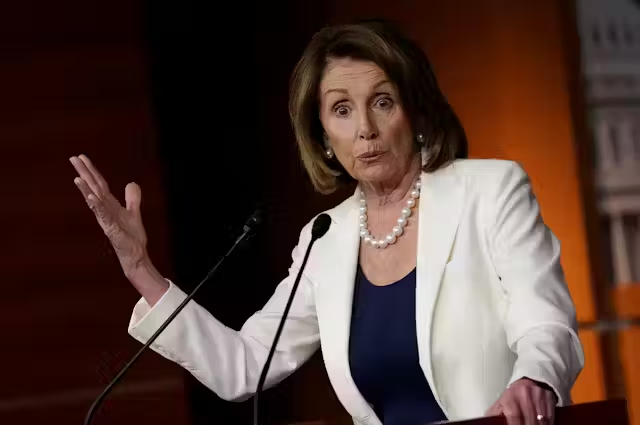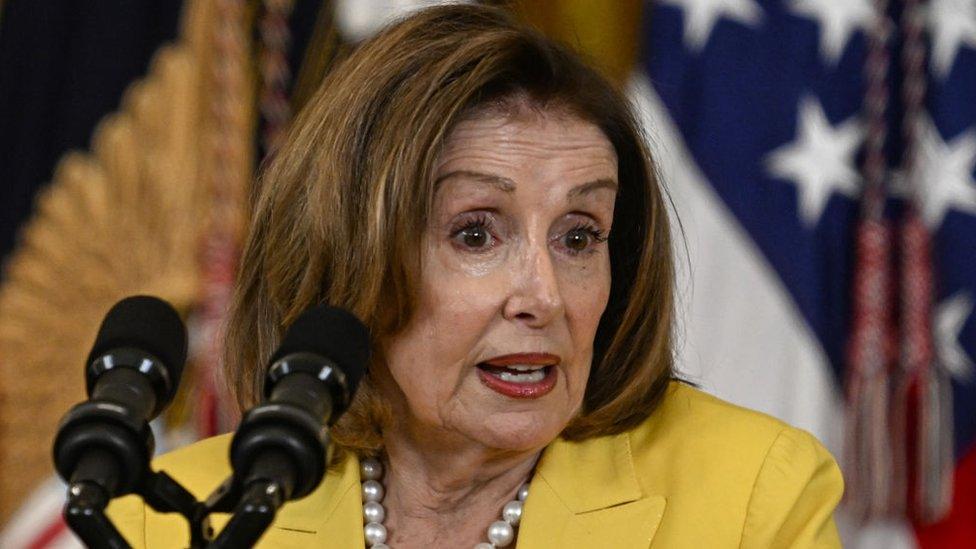In a dramatic turn of events, former House Speaker Nancy Pelosi played a pivotal role in President Joe Biden’s decision to withdraw from the 2024 presidential race, reshaping the Democratic Party’s trajectory. Pelosi, a seasoned political strategist, leveraged her influence within the party to orchestrate a quiet but relentless campaign that culminated in Biden’s announcement in July 2024 that he would not seek re-election. Her maneuvers, revealed through insider accounts, highlight her enduring power in Washington, even after stepping down as Speaker in 2023.

Pelosi’s concerns about Biden’s candidacy emerged after his faltering performance in a June 2024 debate against Donald Trump, where the 81-year-old president appeared frail and struggled to articulate his points. Polls, including a CNN survey showing Biden trailing Trump by six points, amplified fears among Democrats that his age and declining public approval could doom the party’s chances. Pelosi, known for her pragmatism, reportedly viewed Biden’s insistence on running as a liability that risked handing the White House to Trump. She began working behind the scenes, rallying key party figures to pressure Biden.
According to sources cited by The New York Times, Pelosi held discreet meetings with senior Democrats, including Senate Majority Leader Chuck Schumer and House Minority Leader Hakeem Jeffries. She emphasized the need for a stronger candidate, subtly suggesting Vice President Kamala Harris as a viable alternative. Pelosi also coordinated with influential donors, who signaled they would withhold funding unless Biden stepped aside. Her approach was calculated—she avoided public criticism of Biden, maintaining a facade of loyalty while orchestrating a chorus of congressional voices calling for him to reconsider.
The turning point came when Pelosi, in a rare public move, hinted on MSNBC that Biden should “make a decision” about his candidacy, a statement interpreted as a veiled ultimatum. This prompted a wave of defections, with over 30 Democratic lawmakers publicly urging Biden to exit the race. Facing dwindling support and pressure from his closest allies, Biden relented, announcing his withdrawal on July 21, 2024, and endorsing Harris. Pelosi’s role, though not explicitly acknowledged by Biden, was widely credited by party insiders for tipping the scales.
Republicans seized on the episode to portray Democrats as manipulative, with Trump calling Pelosi the “puppet master” of a “coup.” Meanwhile, some progressives criticized her for undermining a sitting president, arguing it deepened party divisions. Yet defenders, including Harris campaign strategists, praised Pelosi’s ruthlessness as necessary to avert electoral disaster. A Gallup poll post-withdrawal showed Harris narrowing Trump’s lead to two points, vindicating Pelosi’s gamble.
Pelosi’s intervention underscores her reputation as a master tactician, capable of wielding soft power to shape historic outcomes. While she has remained silent on the details, her actions ensured the Democratic Party pivoted to a new generation of leadership. As Harris emerged as the nominee, Pelosi’s legacy as a kingmaker was cemented, though questions linger about the long-term impact on party unity and Biden’s political legacy in a polarized nation.






